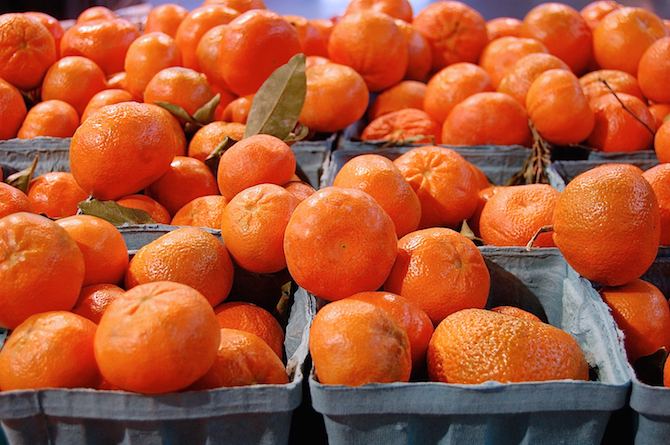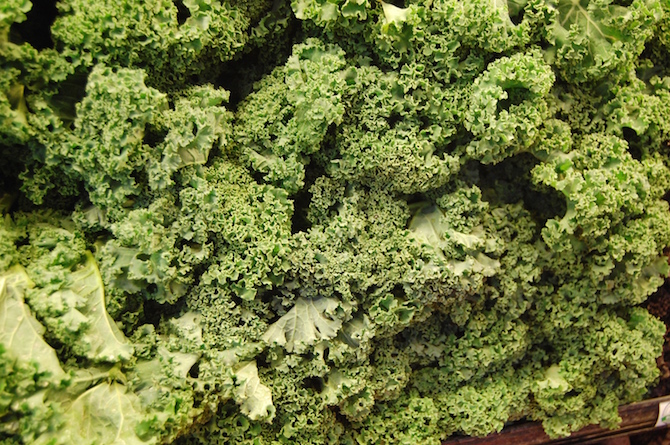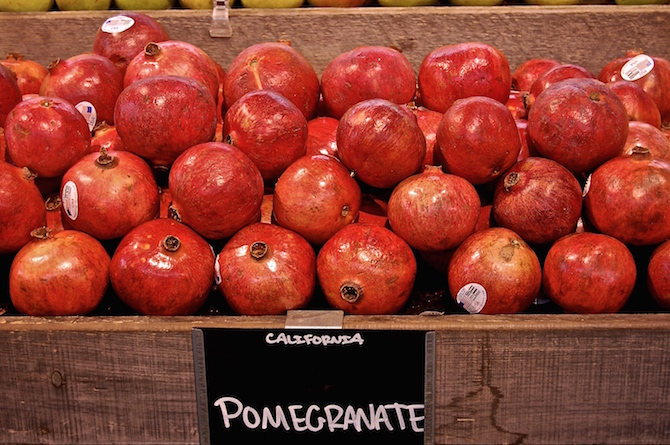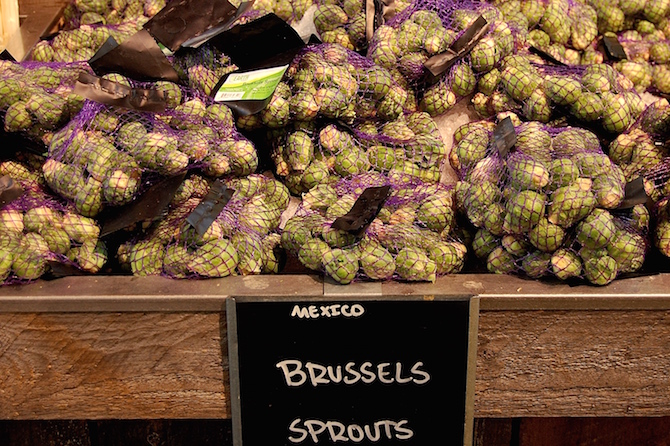Even though winter means shorter days and frigid walks to class, it does not necessarily mean saying goodbye to all fruits and vegetables. By knowing what is in-season you can save money and ensure that you are eating produce at its prime, when it will taste the best.
Have you ever paid more for produce, and realized that it didn’t taste as good as normal? Likely, whatever you bought was not in-season. Avoid having this happen to you again by knowing what to buy. Here are four fruits and vegetables that will taste best and likely cost less during winter.
Clementines (In-Season from October through February)

Photo by Madison Mounty
Satisfy your sweet tooth all winter long with clementines. I usually pick up a bag or a crate of them at Publix or Kroger and find that they are a great go-to dorm room snack. Every clementine is filled with vitamin C and fiber. If you are anything like me and hate to find seeds in your fruit, make sure the clementines you buy are seedless (I usually buy Cuties).
Kale (In-Season from January through April)

Photo by Madison Mounty
With the recent kale craze of 2014, it seems appropriate to mention that this super food is in-season in winter. Kale is packed with vitamins, protein and fiber and has a multitude of other health benefits, thus giving it the prized title of “super food.” Many restaurants near campus serve kale salads, including Yeah Burger, Houston’s and Atlanta Fish Market.
Pomegranates (In-Season from October through February)

Photo by Madison Mounty
Filled with vitamin C, fiber, potassium and antioxidants, pomegranates are a nutritious winter fruit. Either roll a pomegranate on a hard surface to break up the seeds before poking a straw in it to drink the juice, or cut open the fruit to enjoy its seeds.
Brussels Sprouts (In-Season from September through February)

Photo by Madison Mounty
Although Brussels sprouts get a bad rap, they have an abundance of vitamins A and C, potassium, folate, iron and fiber. When prepared well, this vegetable can taste absolutely delicious. Look out for Brussels sprouts on Atlanta menus throughout winter when they will taste best and will likely be a sold at a lower price.

